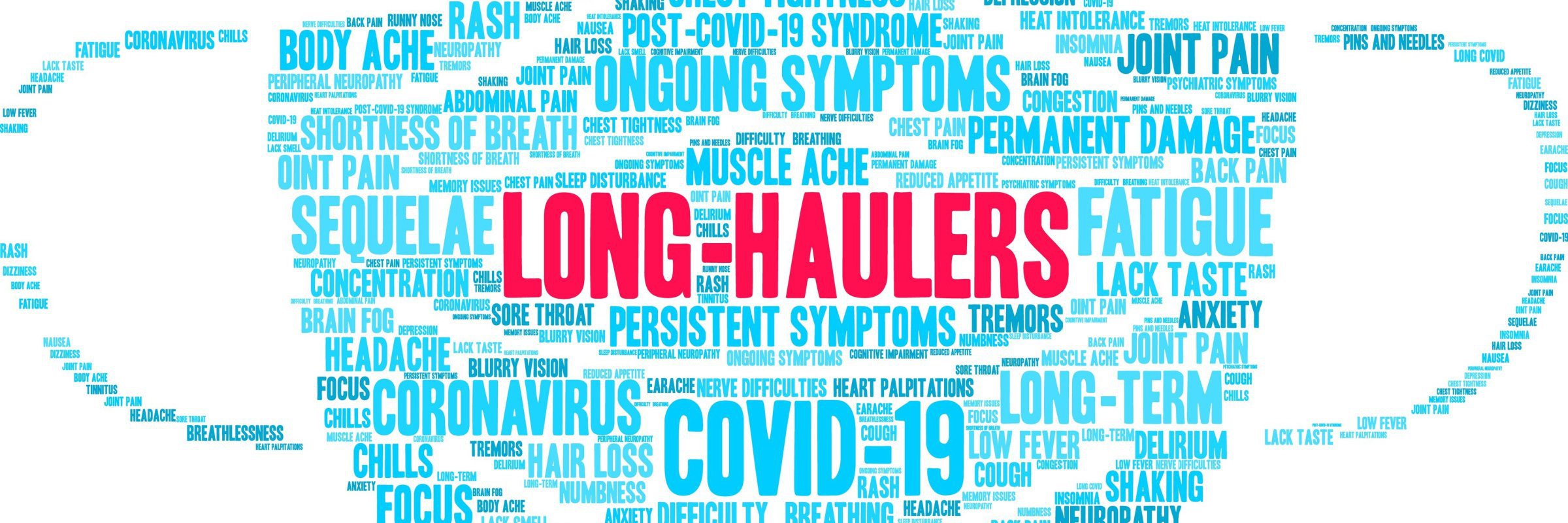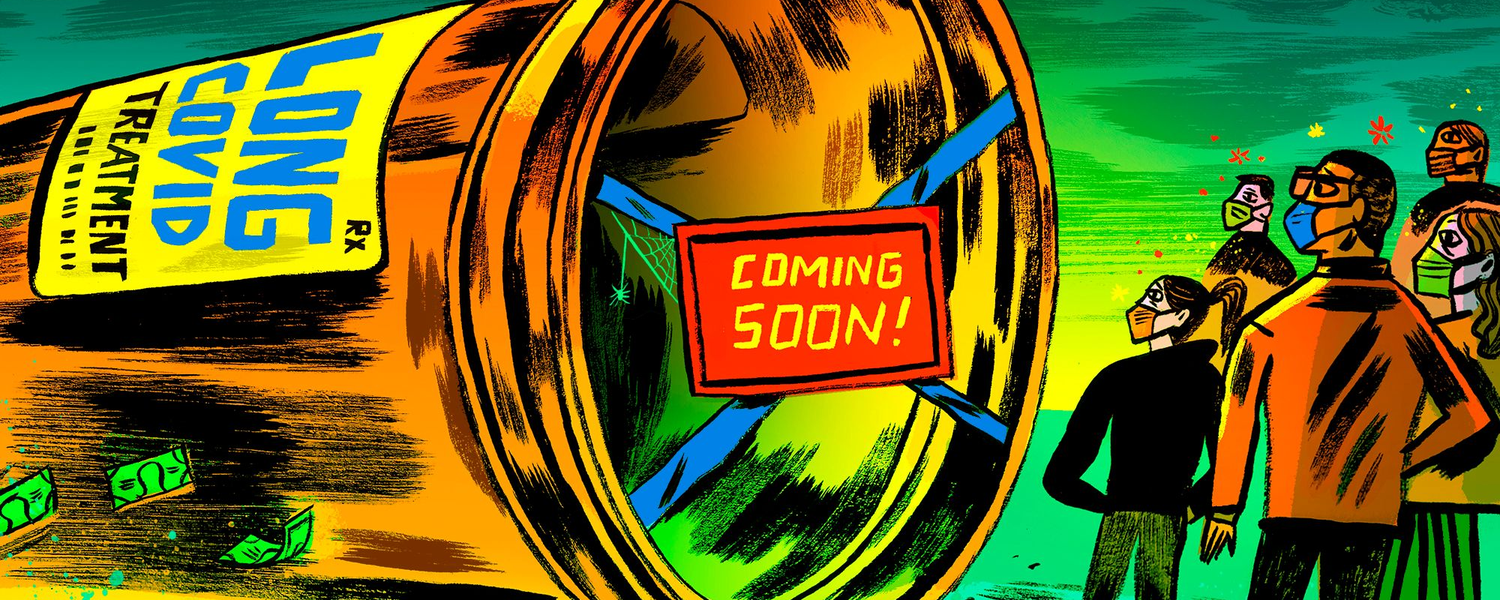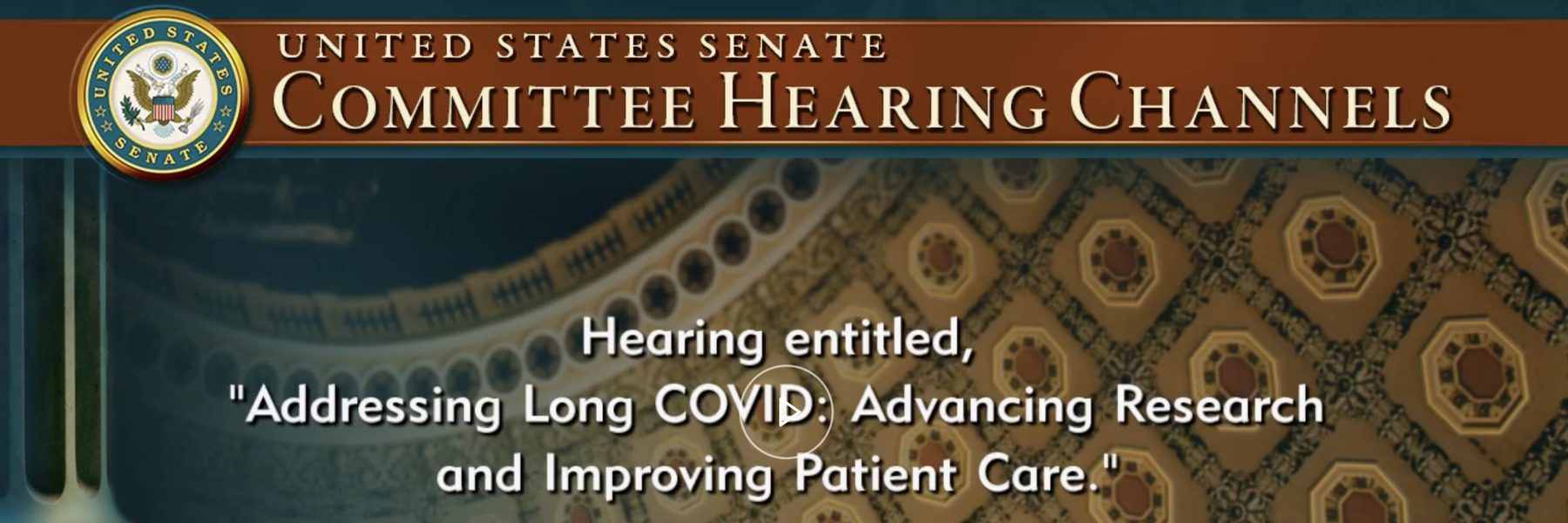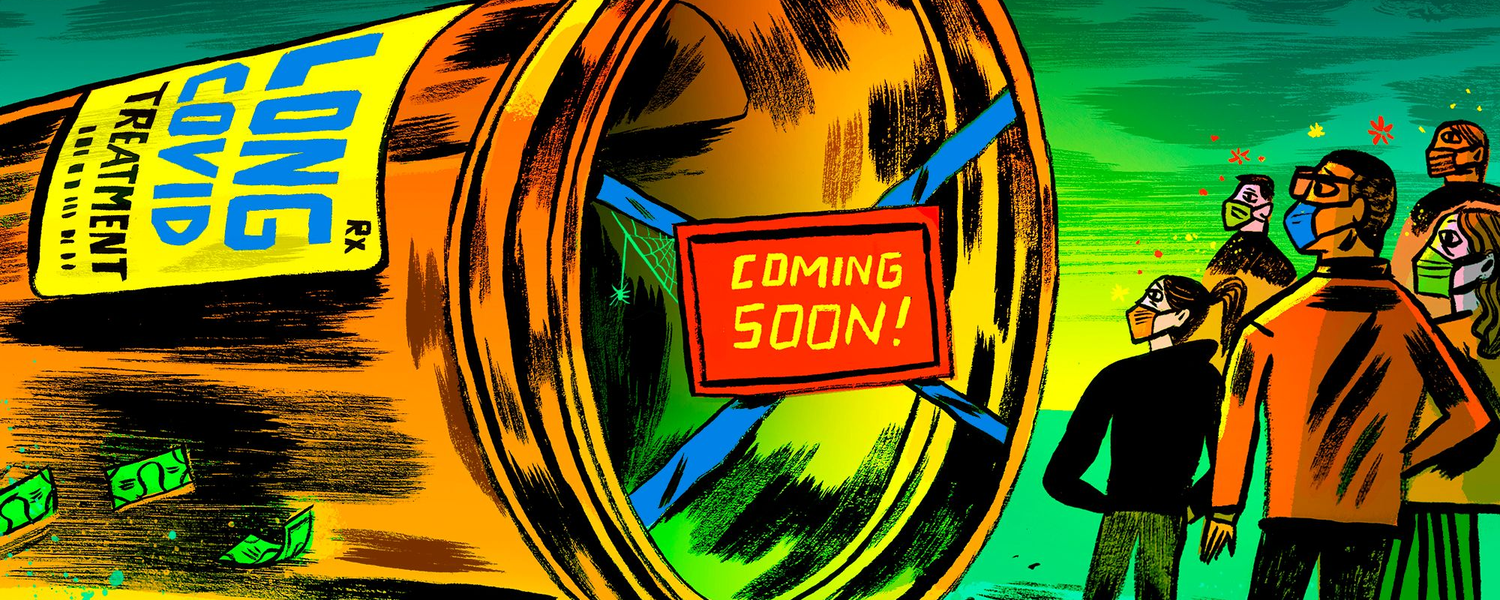As U.S. officials have learned about lingering symptoms from COVID-19 cases over the past two years, both federal and state governments have promised continued support and resources to Long COVID patients. In an April 2022 statement, Biden administration officials said they had “mobilized to advance our nation’s understanding of Long COVID and its associated conditions, promote high-quality care for patients and help individuals access supportive services.”
But more than two years after the first Long COVID patients drew attention to their condition, the federal government’s response to this crisis has been frustratingly slow, experts say. The administration’s report on services and support for patients, published this August, largely describes existing government programs that may be difficult for people to access. Government-funded research, particularly the National Institutes of Health’s landmark RECOVER study, has moved slowly, with potential treatments years away from being made available. Patients face gaps in medical care, a shortage of doctors with appropriate education in post-viral illness and immense financial burdens.
While the exact number of Americans with Long COVID is unclear, even the lowest estimates indicate a large number are suffering with symptoms, some potentially for years to come. According to the CDC and Census’s Household Pulse Survey, 14% of U.S. adults have experienced Long COVID symptoms at some point during the pandemic; 1 in 4 people currently reporting Long COVID symptoms report their symptoms have led to “significant activity limitations” in their day-to-day lives. Studies from the National Bureau of Economic Research and the Brookings Institution suggest that between 500,000 and 4 million people may be out of work due to Long COVID.
“Long COVID is a big deal. Even if Household Pulse Survey numbers were overstated by 100% it would be a big deal!” said Katie Bach, author of the Brookings Institution report, in a recent Twitter thread reflecting on CDC and Census data. “We know enough to take Long COVID as seriously as we take these other diseases,” she wrote, referring to conditions like HIV, Alzheimer’s and multiple sclerosis that impact similar numbers of Americans.
Is the Biden administration taking Long COVID as seriously as it should be?
How has the government provided support to patients, or how has it disappointed them?
If you are a patient, advocate, caregiver, researcher or someone else connected to the Long COVID community, we want to hear your thoughts on these questions.
Your responses will shape our reporting as we pursue a comprehensive project on the administration’s response to this issue. MuckRock reporter Betsy Ladyzhets has covered several different aspects of the Long COVID crisis: the RECOVER study, patient mental health, disability benefits, medical care and more. In our upcoming project, we’ll try to connect the dots across these topics.
Responses to the form, embedded below, will be considered as information not used for publication without prior approval. A journalist may reach out to you for more details if you indicate interest in talking with us.




